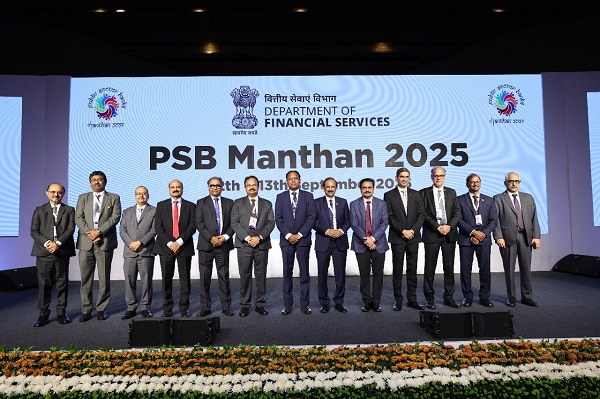.png)
By Mint Owl
Mint Owl tracks markets and policy with a steady eye, offering clear analysis on the choices shaping India’s economy and financial system.
September 14, 2025 at 12:44 PM IST
The fact that even the notion of a central bank empowering lenders to shut off your phone, bought on credit, for late payments is being discussed openly should trigger alarm, not debate. This isn’t a quirky regulation tweak; it’s a breach of trust.
We have known for years that credit markets thrive when customer confidence is high. Ruining that with Orwellian threats? Stunning. India boasts over 1.16 billion mobile connections; phones are more than gadgets; they are lifelines. Work tools, banking portals, educational devices, job applications, they’re essential.
To even ponder disabling them for missed payments is to undermine millions.
There are already safeguards. RBI’s Fair Practices Code mandates transparency, informed consent, and limits on recovery tactics. It’s incredible to think that, after years of pushing for better conduct, the central bank would reverse course now, as the reports suggest, sliding into tech-backed coercion.
Why would any credible regulator entertain such a move?
- It smacks of punitive overreach. Even if consent is insisted upon, consent for disabling your livelihood is consent under duress—a contract surrendered under threat.
- It’s legally shaky. Privacy, property, proportionality—courts would have a field day.
- The reputational cost for lenders would be massive. The backlash would dwarf any gains from quicker recoveries.
- Informal credit would boom. Why go to a bank when your neighbourhood shopkeeper won’t threaten to lock your device?
The argument that small-ticket phone loans require stronger enforcement is understandable, but a phone lock is the wrong arrow in the quiver. Interest rate pricing, better credit scoring, default alerts, reminders, flexible restructuring—those measures can reduce delinquency without turning the regulator into a tech executioner.
We’ve seen how such ideas metastasise. A casual mention by “sources” triggers headlines strewn with alarm, without clarity or confirmation from the RBI. This despite the “sources” mentioning that the RBI itself had earlier asked lenders to stop such practice.
In the absence of authoritative pushback, speculation becomes acceptance. Before the idea even crosses into policy, the narrative must be crushed.
RBI should act swiftly: publicly dismiss the proposal. Reaffirm its commitment to privacy, proportionate remedies, and digital trust. And remind lenders that trust, once broken, is far costlier to recover any phone-loan.
Let’s insist that regulators deal in norms, not gimmicks. The day a central bank sanctions phone-lock is the day our faith in digital finance starts to erode. Some ideas aren’t just bad, they’re toxic. This is one such.



